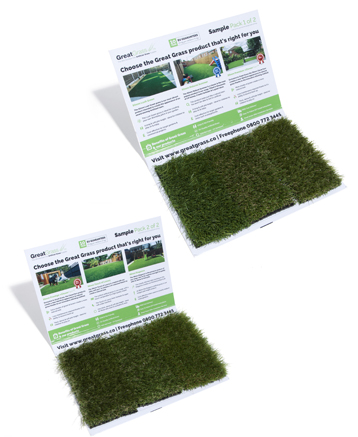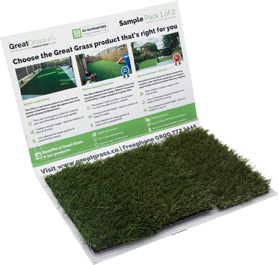Over the past few years, commercial artificial grass has gained a reputation for being the perfect replacement for a natural lawn, mainly due to its ease of installation and maintenance, weather resistance and durability. So, when can commercial artificial grass come in handy?
Even before becoming widely accepted as a replacement for natural grass, however, there were already a number of cases and circumstances in which commercial artificial grass was seen as preferable to a natural lawn. The lines below list three cases in which artificial turf will actually be more beneficial than natural grass, and offers a brief explanation as to why that is the case.
Allergies
Allergic reactions are among the chief reasons to install commercial artificial grass. Natural grass, and most of the elements surrounding it, tends to have any number of allergy-triggering substances, while artificial turf rolls are completely hypo-allergenic, and therefore pose no risk of reaction for people with allergies.
“It is clear, then, that in some instances commercial artificial grass is actually preferable to a natural lawn”
Low Maintenance Required
Similarly, home or facility owners who are unable to ensure consistent maintenance of their lawn might find commercial artificial grass to be the perfect solution for their plight. This material requires little to no maintenance, and will therefore be perfect for holiday homes left unattended for large periods of time, or homes with elderly tenants, unable to provide the regular upkeep a natural lawn demands.
Pets and Children
Homes with pets and children, as well as areas dedicated for their use, have also been coming around to commercial artificial grass as a surface-lining alternative. This is due to the fact that, unlike natural grass, this material is very hard to dig through or damage, while at the same time doing away with issues such as dirt, mud and the aforementioned allergenic elements, which parents and pet owners with natural grass lawns are regularly required to deal with.
It is clear, then, that in some instances commercial artificial grass is actually preferable to a natural lawn, a fact more and more people have become aware of over the past few years.


